Q: Why should an employer participate in the TriShare pilot project?
A: The Tri-Share pilot can be used to improve recruitment or to increase retention by assisting employees with the cost of child care.
Q: What makes an employer eligible?
A: Employers must have their headquarters in Branch, Genesee, Hillsdale, Ingham, Jackson, Lenawee, Livingston, Macomb, Monroe, Oakland, or Washtenaw county.
Q: Do employees and child care providers need to live or be located in these counties to be eligible?
A: No. Child care providers and employees can reside in other counties.
Q: How does the employer determine their level of commitment?
A: Employers can decide on a certain number of slots. Each child care slot costs approximately $3,500 per year, depending on the age of the child and number of hours of care needed. Employers can also set a maximum dollar amount investment.
Q: Can the employer set additional eligibility parameters?
A: Yes. An employer could decide, for example, that they are focusing on one pay range or position, or they might decide to only offer it to full-time employees, or only to employees in good standing for attendance or performance. The employer has the flexibility to set their individual company parameters.
Q: How much does the employer contribute per employee?
A: The employer contributes one third of the actual cost of child care for one or more of an employee’s children.
Q: What makes an employee eligible?
A: Gross household income needs to be between 200% and 325% of poverty, taking into consideration household size.
Q: Who assesses employee eligibility?
A: The employee determines their initial eligibility based on the eligibility income guide and apply online to participate. They will be asked to upload income verification documents and a final determination will be made based on income.
Q: How often are employees assessed for eligibility?
A: Employees are assessed for eligibility after two years of participation.
Q: Who chooses the child care provider?
A: The family will choose their child care provider. The Hub will work with the chosen provider to get them enrolled as a Tri-Share provider. The only eligibility requirement for providers is that they are a licensed child care facility.
Q: What if an employee has been unable to find child care on their own?
A: The Hub will work to assist a family who does not have child care secured to find a licensed care provider that fits their needs.
Q: How long can employees receive child care assistance through Tri-Share?
A: The employer determines how long each employee will be offered the benefit. For example, an employer could offer it for 6 months, 12 months, 24 months or extend it at the time of redetermination for income eligibility.
Q: How is the employee portion collected?
A: The employer will be billed directly for their 1/3rd cost of care and the employee 1/3 cost of care. The employer may use payroll deduction or other means to collect the employee portion back.
Q: When will billing begin?
A: The employer will be billed each month for the employer and employee portions.
Q: What happens if an employer commits to more slots than they can use?
A: The employer can turn them back over to the Hub so that another employer can use them.
Q: Can an employer end their participation at any time?
A: Yes, with a 90-day notice.
Q: What is considered “child care” under Tri-Share?
A: The grant allows for coverage of all necessary child care including infants, toddlers, preschool age, after and before school care, and children with disabilities up to age 26.
Q: Would participation in the Tri-Share program have any effect on an employee’s qualification for child care tax credit?
A: The amount of credit is a percentage of the amount of work-related expenses paid to a care provider for a qualifying individual. Parent(s) would be able to claim the portion that he/she paid out of pocket for child care and depending on the adjusted gross income would determine the amount of the credit. For more information visit: https://www.irs.gov/taxtopics/tc602 or consult your tax provider.

